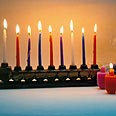
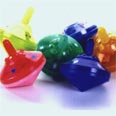
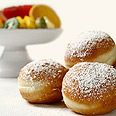
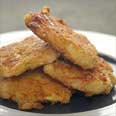
Hanukkah is an eight-day festival that begins on the 25th day of the Hebrew month of Kislev (usually in December, around Christmas time), celebrated in memory of the Maccabees' victory over the Greeks and the rededication of the Jewish Temple in Jerusalem in 164 BCE.
Hanukkah, also knows as the Festival of Lights and Festival of Maccabees, is one of Judaism's most renowned holidays, but it does not carry great religious significance.
The holiday marks the re-dedication of the Temple after it was desecrated by the forces of Antiochus IV, and commemorates "the miracle of the oil lantern": According to the Talmud, at the re-dedication ceremony held by the Maccabees following their victory over the Seleucid Empire, there was only enough consecrated olive oil to fuel the Temple's eternal for one day. Miraculously, the oil lasted for eight days – the exact time it took to prepare and consecrate fresh olive oil.
Hanukkah is also mentioned in the two books of the Maccabees. Maccabees 1 states: "For eight days they celebrated the rededication of the altar. Then Judah and his brothers and the entire congregation of Israel decreed that the days of the rededication...should be observed every year...for eight days," (Maccabees 1, .4:56-58). Maccabees 2 reiterates, saying "… and the Jews celebrated joyfully for eight days as on the feast of Booths."
The holiday is usually celebrated around winter solstice time – December 22 – which according to many ancient traditions carries with it various customs involving the celebration of fire and light. According to several theories, the use of fire as one of Hanukkah's symbols is partially rooted in ancient pagan ceremonies.
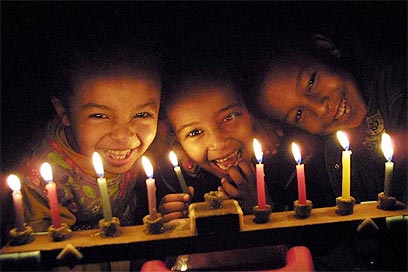
Traditions and customs
According to the Jewish sages, the holiday's most important – and only – religious ordinance is the lighting of eight candles in a candelabrum called a menorah. One must light one candle each night, increasing in numbers until the eighth day, and recite a benediction each night. Tradition calls for the candles to be places on the menorah right to left, but to light them left to right.
The menorah must be placed on a windowsill, so that anyone passing by the house can "witness the celebration of the miracle."
Hanukkah traditions call for the singing of Ma'oz Tzur (Rock of Ages) – a Jewish liturgical poem – after each lighting ceremony. The poem's title is a reference to the ancient Hasmonean stronghold of Beth-Tzur. Other customs call for spinning dreidels and exchanging gifts.
Traditional Hanukkah food includes sufganiyot - special sugar-powdered doughnuts, and latkes - potato pancakes.














